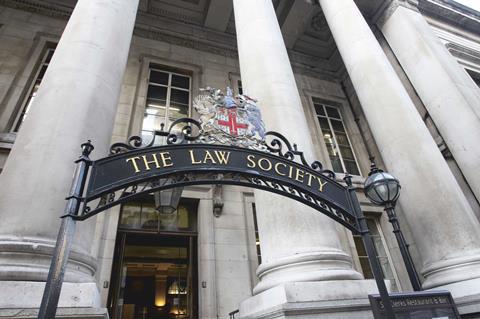Government proposals to fix the date on which partnerships and certain other types of businesses report their profits will result in extra tax liabilities for many law firms next year, the Law Society has said. The new rule, proposed by HM Revenue & Customs under the guise of simplification, could generate a badly needed windfall of more than £1bn for the Treasury next year.
Under the proposals, open for consultation until the end of this month, unincorporated businesses - partnerships, self-employed people, trusts and estates with trading income - would be required to fix the end date of the 12 months from which they calculate profits to either 31 March or 5 April.

Aligning the reporting date with the tax year would mean that profits that arise in each reporting year would be allocated to that tax year. Currently, profits are taxed for the year in which the business’s accounting period ends. Many partnerships thus end their accounting period on 30 April, allowing them 11 months’ grace.
The Law Society is among professional bodies preparing responses to the consultation. It is especially concerned about the consequences of the transition year. In its request for members’ views, the Society says that for firms with accounting dates of 30 April 'the overall impact would be to bring forward significant tax liabilities… in 2022/23'.
For such firms, the proposals would effectively allocate 23 months of profits, less any overlap relief, to the transition year.
HMRC is introducing the change as part of its Making Tax Digital programme, under which self-employed people and business partnerships with annual income above £10,000 will have to file electronic returns. 'This further move towards a digital tax system is designed to give business taxpayers a more up-to-date understanding of their tax position. It will remove opportunities for error, so that the right tax is paid,' the consultation states.
However given the current level of government borrowing, a one-off windfall from highly profitable City and international law firms will be welcomed by the Treasury.
The consultation closes on 31 August.



























13 Readers' comments